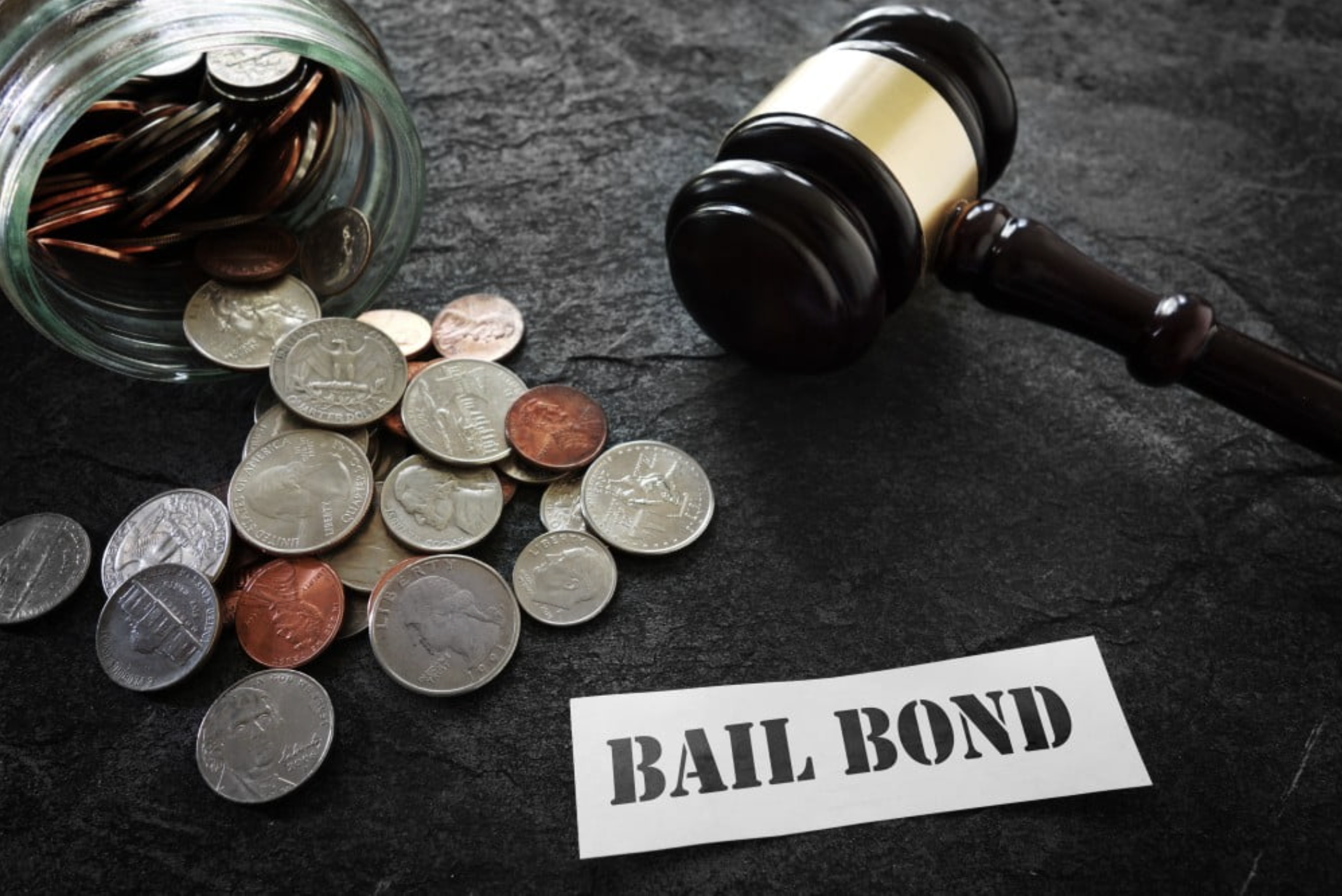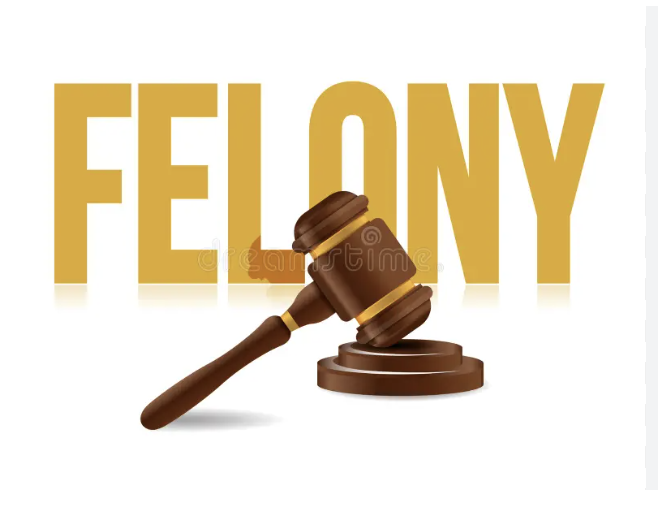When someone is arrested in Virginia, one of the first questions is:
“Will I get a bond—and how much?”
Here’s what to know about how bonds work, when they’re granted, and what risks come with signing one.
A step-by-step guide from Cardon Law. This is general information, not legal advice. If you or a loved one has been arrested, consult a Virginia criminal defense lawyer immediately.
1) When Are Bonds Imposed?
After an arrest, a person is usually taken before a magistrate, who decides whether to release the person or hold them in custody.
Virginia Code § 19.2-120 governs when release on bond is allowed.
Generally:
- A person is entitled to bail unless there’s probable cause they won’t appear or would pose an unreasonable danger to the community.
- For certain serious offenses (violent felonies, drug distribution, repeat DUIs, firearm charges, etc.), the law presumes against bond—the defendant must show why release is appropriate.
- If bond is denied, the defense attorney can request a bond hearing in General District Court (or Circuit Court if already indicted) under § 19.2-121.
2) Types of Bonds in Virginia
Virginia recognizes several forms of bond under § 19.2-123:
1. Personal Recognizance (PR) Bond
Released on your promise to appear—no money or collateral required. Common for minor, non-violent offenses or first-time charges.
2. Unsecured Bond
A dollar amount is assigned (e.g., $5,000 unsecured). You don’t pay unless you fail to appear—then you owe the full amount to the court.
3. Secured Bond
Requires money, property, or a bondsman to guarantee appearance. The magistrate or judge sets the amount and decides if it must be fully or partially secured.
4. Cash Bond
The full amount must be paid to the court before release—often used in serious cases or when there’s risk of flight.
5. Surety Bond (via Bail Bondsman)
A licensed bail bondsman posts bond for a fee (usually 10%). You or your family pay the bondsman, who guarantees the defendant’s appearance in court.
If the defendant fails to appear, the bondsman may forfeit the bond and can locate and surrender the defendant.
3) Posting a Secured Bond (Money or Collateral)
When a secured bond is ordered, you can post it in several ways:
- Cash: Paid directly to the court clerk. You’ll get it back after the case concludes, if all appearances are made.
- Property: You can use real-estate equity as collateral, but the court must verify title and value (slower process).
- Bail bondsman: If you don’t have full cash, a licensed bondsman can post the bond for you in exchange for a non-refundable premium (typically 10%).
Example
If bond = $10,000:
- Pay $10,000 cash (returned at the end of the case), or
- Pay a bondsman ~$1,000 (fee kept by the bondsman).
See § 19.2-124 for procedures and approval of sureties.
4) What Is a Bail Bondsman?
A bail bondsman is a person licensed by the Virginia Department of Criminal Justice Services (DCJS) to post bonds on behalf of defendants.
They:
- Charge a non-refundable fee (typically 10%)
- May require co-signers (family or friends) who agree to pay if the defendant flees
- Have authority under § 19.2-149 to arrest and surrender a defendant who skips court
How They’re Paid
The premium (their fee) is non-refundable, even if the case is dismissed or the bond is later reduced. Some accept partial payment upfront with the remainder secured by collateral.
5) What Happens If You Don’t Show Up to Court?
Failing to appear (“FTA”) triggers serious consequences under § 19.2-128:
- A new criminal charge (misdemeanor or felony, depending on the original case)
- Forfeiture of the bond—the full amount becomes due
- Arrest warrant issued for the defendant
- Loss of any collateral or property securing the bond
Even if you miss court by mistake, act immediately—contact your defense attorney or bondsman right away to schedule a motion to vacate the FTA before more damage occurs.
6) What If You Co-Signed or Pledged Collateral?
If you’re a family member or friend who helped secure the bond:
- You signed as a surety, meaning you’re financially responsible for the full bond if the defendant fails to appear.
- The court can order payment or seize collateral/property to satisfy forfeiture.
- The bondsman can also pursue repayment from you.
Before signing, make sure you fully understand the financial and legal risk.
See § 19.2-143 and § 19.2-149 for surety obligations and enforcement.
7) When a Bond Can Be Revoked
Even after being released, the court can revoke bond if the defendant violates conditions of release.
Common reasons include:
- New arrests or criminal charges
- Contacting victims or witnesses in violation of orders
- Failing drug/alcohol tests (if required)
- Missing check-ins with pretrial services
- Ignoring curfew or travel restrictions
Under § 19.2-123(C) and § 19.2-132, the prosecutor or pretrial officer can move to revoke bond, and the judge may order the defendant back into custody.
If bond is revoked, the defense can file a motion for re-bond, but the court often raises the amount or adds conditions.
8) Practical Tips for Families
✅ Write down court dates and verify them on the Virginia Court Case Information System.
✅ Keep communication open with the defendant’s lawyer and bondsman.
✅ Don’t ignore letters or calls from the court or the bondsman.
✅ Encourage the defendant to follow every condition of bond—especially staying out of new trouble.
Trusted Hampton Roads Bail Bondsmen
If you or a loved one needs to post bond in Virginia Beach, Norfolk, Chesapeake, Portsmouth, or Newport News, these licensed professionals can help:
Rodger Hopkins – Hopkins Bail Bonds
📞 (757) 962-1919 Serving all of Hampton Roads—fast, confidential service.
Sam Eure – Sam Eure Bail Bonds
📞 (757) 285-4357 Known locally for reliability and flexible payment options.
📞 (757) 828-1300 Kyle Goodman
FAQ
What is a typical bond amount in Virginia?
Bond amounts depend on the charge, prior record, and risk factors. Misdemeanors might range from a few hundred to several thousand dollars; felonies can exceed $10,000 or more.
Can a judge increase or reduce bond later?
Yes. Defense attorneys can request a bond reduction hearing, or the prosecutor can ask to increase or revoke bond under § 19.2-123.
If my bond is revoked, do I lose the money?
If you posted cash, it’s typically held until the case ends—but if the defendant violates terms, the court can order forfeiture under § 19.2-143.
Can bond conditions include “no contact” or GPS monitoring?
Yes. Courts can impose any conditions reasonably necessary to ensure public safety and appearance, including no contact, curfew, or electronic monitoring.
How long does bond last?
Until the case is resolved (dismissal, plea, or trial). If you appeal to Circuit Court, a new bond must usually be set under § 19.2-319.
Can you travel out of state while on bond?
Not without permission. Always check with your attorney and the court before leaving Virginia.
Need Help with a Bond Hearing or Violation?
Cardon Law will argue for the lowest bond possible, defend against revocation, and represent you in the underlying criminal or traffic case.
Learn more about our Reckless Driving Defense, Personal Injury Law, and DUI Representation.
📞 Free consultation: (757) 306-9060
📱 24/7 direct to David A. Cardon: (757) 620-3283





